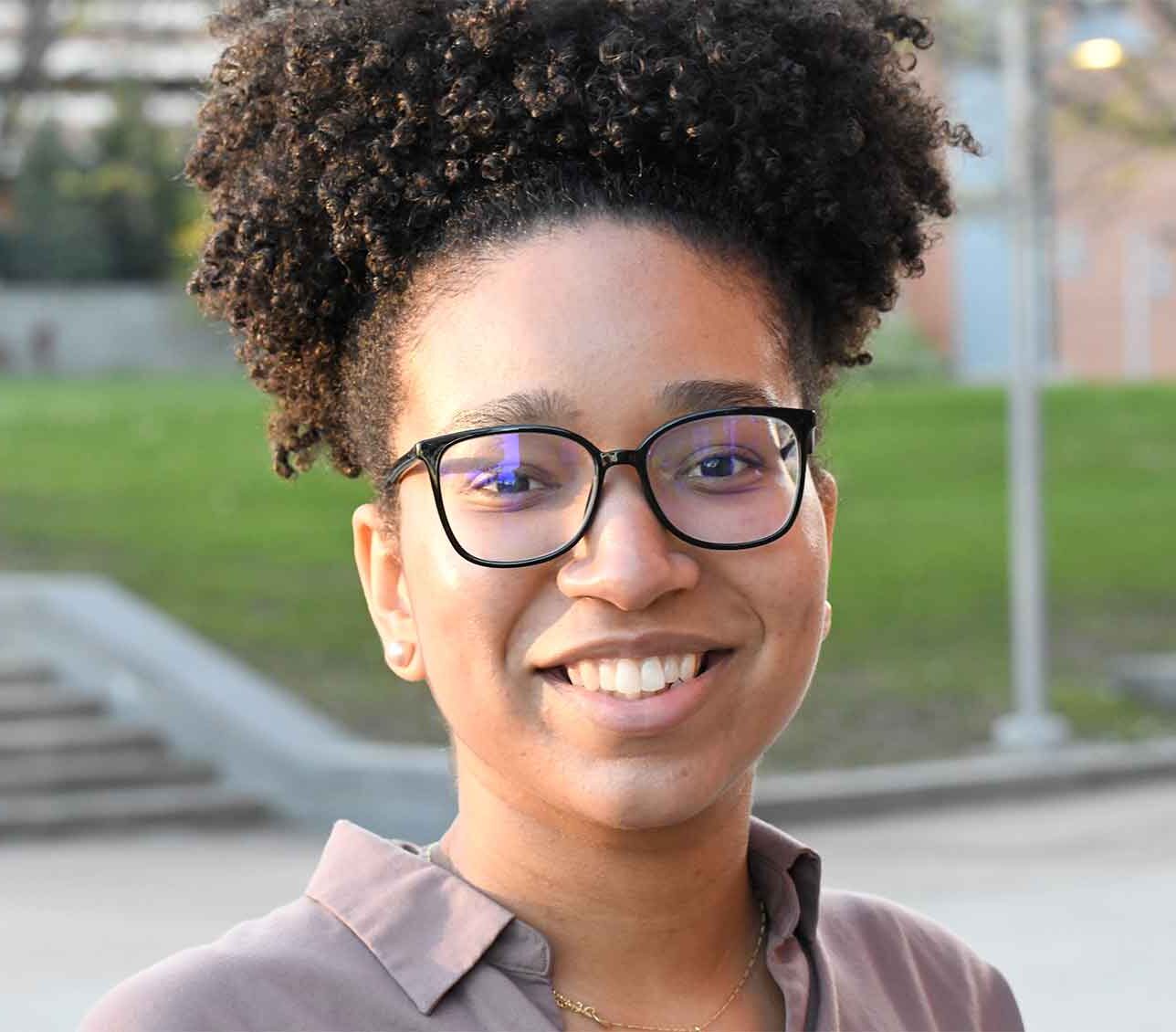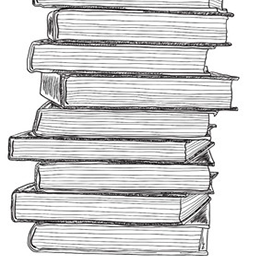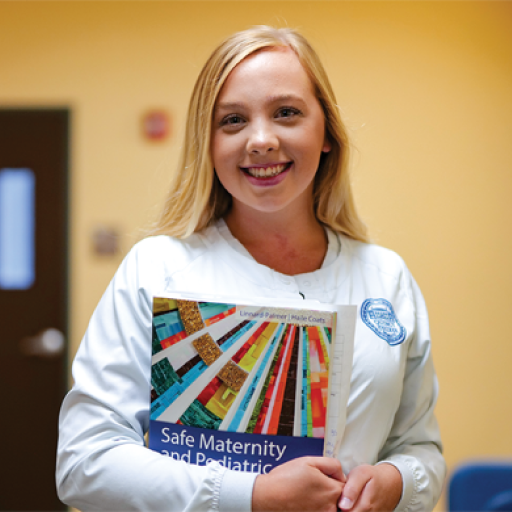Liberal Arts: Humanities
Overview
The focus of the Liberal Arts Program is to provide the student with a breadth of program offerings in a chosen field of study. Liberal Arts students may focus their program in the following concentration areas: Behavioral Science, English, Government, History, Humanities, Psychology, or Social Science. All concentration electives must be selected in the chosen area of study.
Program Outcomes
At the completion of this program, the student should be able to:
- Compose well-structured, unified and coherent expository assignments.
- Demonstrate information literacy through research assignments.
- Apply the principles of critical thinking to assess required readings and points of discussion.
- Describe the social, political and philosophical contexts that inform a Liberal Arts concentration.
- Describe the diverse cultural and behavioral influences on a Liberal Arts concentration.
- Apply a theoretical understanding to practical problems in a Liberal Arts field (Behavioral Science, English, History/Government, Humanities, Psychology, Social Science, or Sociology).
Academic Division of Liberal Arts
Liberal Arts: Humanities Courses
-
Code
Course
Credits
-
- ARA 101
Arabic I
- 3
-
- ARA 102
Arabic II
- 3
-
- ART 119
Photography I
- 3
-
- ART 120
Photography II-Photojournalism
- 3
-
- ART 150
Modern Drama
- 3
-
- ART 201
Survey of Fine Arts I
- 3
-
- ART 202
Survey of Fine Arts II
- 3
-
- ART 229
American Film
- 3
-
- ART 230
Art & Society
- 3
-
- CHN 101
Chinese I
- 3
-
- CHN 102
Chinese II
- 3
-
- ENG 103
Non-Fiction Writing
- 3
-
- ENG 111
Speech Communication
- 3
-
- ENG 151
Shakespeare
- 3
-
- ENG 201
English Literature I
- 3
-
- ENG 202
English Literature II
- 3
-
- ENG 211
American Literature I
- 3
-
- ENG 212
American Literature II
- 3
-
- ENG 221
World Literature I
- 3
-
- ENG 222
World Literature II
- 3
-
- ENG 225
Creative Writing I
- 3
-
- ENG 226
Creative Writing II
- 3
-
- ENG 230
Journalism
- 3
-
- ENG 231
Modern Novel
- 3
-
- ENG 233
Crime and Detective Fiction
- 3
-
- ENG 235
Survey of Women Writers
- 3
-
- ENG 237
Introduction to Science Fiction
- 3
-
- ENG 238
Literature of the Supernatural
- 3
-
- ENG 239
Baseball Literature
- 3
-
- FRN 101
French I
- 3
-
- FRN 102
French II
- 3
-
- IDS 155
Critical Thinking & Writing
- 3
-
- IDS 175
Middle Eastern and Arabic Culture
- 3
-
- ITA 101
Italian I
- 3
-
- ITA 102
Italian II
- 3
-
- MUS 107
Music Appreciation
- 3
-
- MUS 108
Development of American Jazz
- 3
-
- MUS 109
History of Rock
- 3
-
- MUS 110
Music Across Cultures
- 3
-
- PHL 101
Introduction to Philosophy
- 3
-
- PHL 102
Topics in 20th Century Philosophy
- 3
-
- PHL 103
Medical Ethics
- 3
-
- PHL 105
Introduction to Logic & Critical Thinking
- 3
-
- PHL 108
Ethics
- 3
-
- PHL 110
Major Religions of the World
- 3
-
- PHL 113
Death and Dying
- 3
-
- SPN 101
Spanish I
- 3
-
- SPN 102
Spanish II
- 3
-
- SPN 201
Spanish III
- 3

View Current Semester Courses>>
Start your education at Quincy College this fall. Our online and blended curriculum makes it easy for you to stay safe and earn your degree!
You might also be interested in...
-

Liberal Arts: General Studies
The Quincy College Liberal Arts Program provides the student with a breadth of program offerings in a chosen field of study.
-

Liberal Arts: Social Sciences
The Quincy College Liberal Arts Program is to provide the student with a breadth of program offerings in a chosen field of study.
-

Human Services
This program is geared towards students who are passionate about empowering others, enhancing social functioning, and promoting multiculturalism.
-

Courses
View the current course schedule. Quincy College offers the programs you want, the flexibility you need and the price that makes it all possible.
